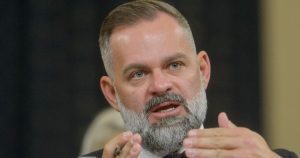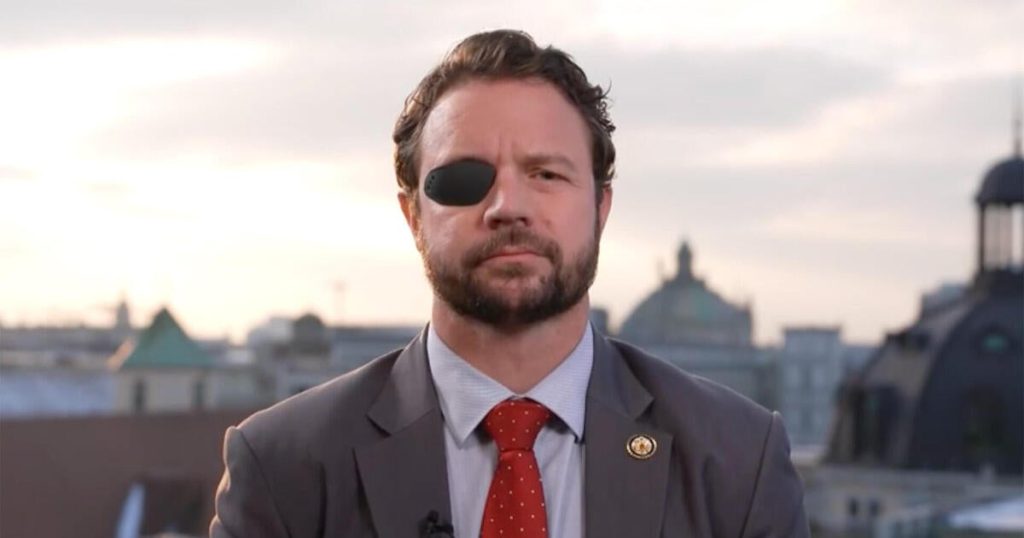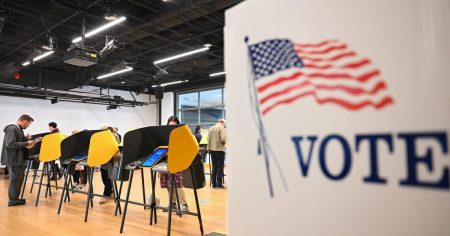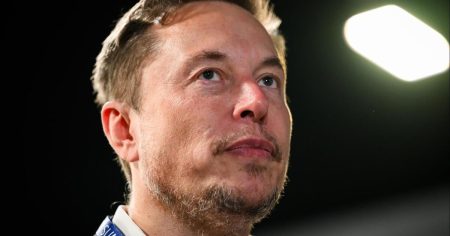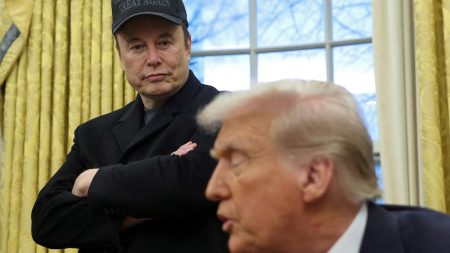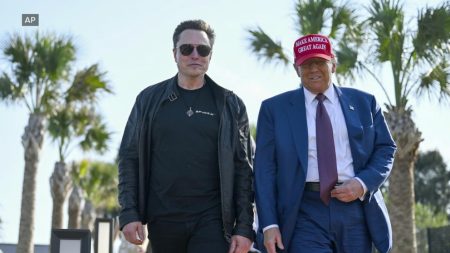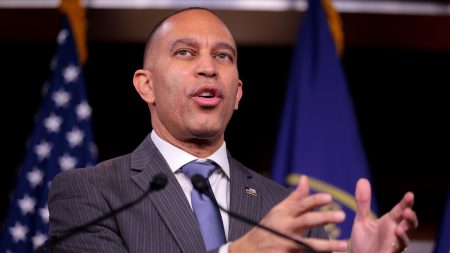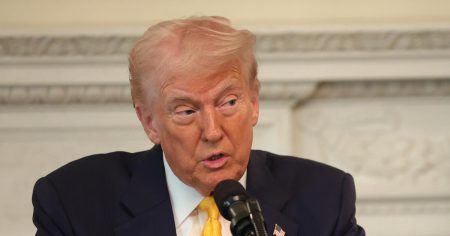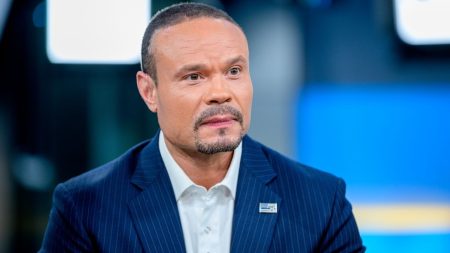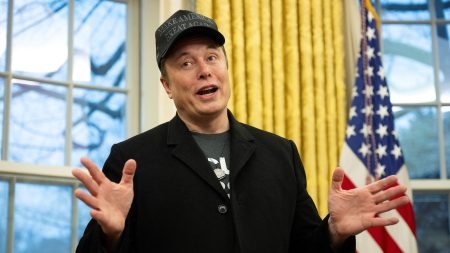A Call for Stronger European Leadership
Rep. Dan Crenshaw, a Texas Republican, hasweighed in on the ongoing conflict between Russia and Ukraine, urging European leaders to adopt a more robust stance against Russian President Vladimir Putin. Speaking from the Munich Security Conference, Crenshaw emphasized the importance of a unified and assertive approach to bring about a lasting peace. He argued that European leaders need to send a "much stronger message" to Putin, advocating for a harder line that goes beyond mere rhetoric. Crenshaw’s remarks come as part of broader efforts to kickstart peace talks and negotiate a deal to end the war in Ukraine, which has dragged on for years and caused immense human suffering and geopolitical instability.
Crenshaw, who recently met with Ukrainian President Volodymyr Zelenskyy alongside a bipartisan group of lawmakers at the Munich Security Conference, underscored the need for European countries to take a more active role in the negotiations. He also referenced insights from retired Lt. Gen. Keith Kellogg, the U.S. special envoy for Ukraine and Russia, who emphasized that any peace deal must be sustainable and include security assurances for Ukraine. However, Crenshaw noted that the specifics of such a deal are still being ironed out, highlighting the complexity of the situation. He made it clear that Europe must step up and be a major player in shaping the outcome, rather than relying solely on U.S. leadership.
The Role of Defense Spending and Troop Deployments
A key aspect of Crenshaw’s message was the importance of European countries bolstering their defense spending and taking a more proactive role in military deployments. He called on European leaders to not only increase their financial contributions to defense but also to commit troops to the region. Crenshaw argued that this would demonstrate a credible commitment to Ukraine’s security and send a strong signal to Putin that the international community is united and determined.
Crenshaw went further, urging European leaders to "stop following our lead and actually take the lead." He suggested that the ideal scenario would be for the U.S. to play a supporting role while Europe takes the initiative. This, he argued, would fundamentally alter the power dynamics in dealings with Putin. Crenshaw also emphasized that European leaders need to "earn" their seat at the negotiating table by taking bold actions, rather than simply relying on the influence of the United States.
Mixed Messages Within the U.S. Administration
Crenshaw’s comments come amid some internal debate within the U.S. administration regarding the handling of the Ukraine conflict. Defense Secretary Pete Hegseth recently drew criticism, including from some Republicans, for suggesting that Ukraine’s expectation of NATO membership was unrealistic. Hegseth also expressed skepticism about Ukraine’s ability to reclaim its pre-2014 borders, which led to accusations of undermining Ukrainian resolve. However, Hegseth later clarified his remarks, stating that "everything is on the table."
Sen. Jeanne Shaheen, a Democrat from New Hampshire and the ranking member on the Senate Foreign Relations Committee, also appeared on "Face the Nation" and expressed concerns about what she described as "mixed messages" from the administration. Shaheen, who has been a strong supporter of Ukraine, said she hoped that the administration would ultimately "do everything we can to support Ukraine." Crenshaw, however, defended the White House’s approach, arguing that the administration had made it clear that "nothing is off the table" when it comes to peace negotiations.
Negotiation Tactics and Keeping Options Open
Crenshaw’s defense of the White House’s posture on peace talks reflects his belief that a flexible approach is necessary to achieve a favorable outcome. He argued that entering negotiations with all options on the table is a practical and necessary strategy, even if it means considering uncomfortable or politically difficult choices. Crenshaw acknowledged that the U.S. had yet to secure a commitment from Putin to negotiate, but he remained optimistic that a path forward exists, even if the details remain unclear.
Crenshaw’s remarks also highlighted the importance of European leaders adopting a more assertive tone in their dealings with Putin. He emphasized that the Russian leader responds primarily to power and that a more aggressive stance would give the international community greater leverage in the negotiations. This approach, Crenshaw argued, would ultimately benefit Ukraine by strengthening its position at the negotiating table.
The Power Dynamics at Play
At the heart of Crenshaw’s comments is a recognition of the shifting power dynamics in international relations. He acknowledged that Europe is uniquely positioned to influence the outcome of the conflict, given its geographic proximity and economic ties to both Ukraine and Russia. By taking a more assertive role, Crenshaw argued, European leaders could reshape the balance of power in a way that would be more favorable to Ukraine and the broader Western alliance.
Crenshaw’s call for European leadership reflects a broader shift in U.S. foreign policy under the current administration, which has sought to empower allies and partners to take greater ownership of regional security challenges. While this approach has been met with enthusiasm in some quarters, it has also raised concerns about the potential for mixed signals and uneven commitment. Crenshaw, however, seemed confident that Europe is capable of rising to the occasion, provided its leaders are willing to take bold and decisive action.
A Path Forward
Looking ahead, Crenshaw’s message to European leaders is clear: the time for hesitation is over. If the international community hopes to achieve a lasting and favorable peace in Ukraine, it must be willing to take uncomfortable and aggressive action. This includes not only increasing defense spending and deploying troops but also adopting a harder line in negotiations with Russia. By doing so, European leaders can help create the conditions for a stronger, more secure Ukraine and send a powerful signal to Putin that his aggression will not be tolerated.
Crenshaw’s comments also underscore the importance of unity and coordination among Western allies. The road to peace in Ukraine will almost certainly be long and challenging, but with a united and determined effort, the international community can work towards a resolution that upholds Ukraine’s sovereignty and promotes regional stability. For now, the focus remains on leveraging every available tool – from diplomatic pressure to military support – to bring about a resolution that honors the sacrifices of the Ukrainian people and upholds the principles of freedom and self-determination.


